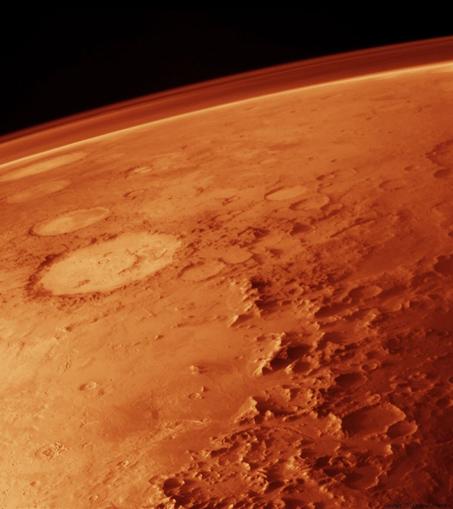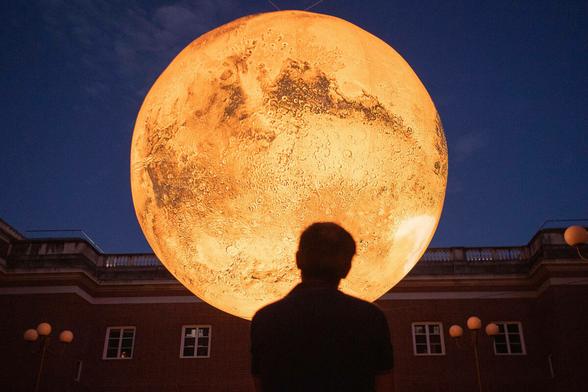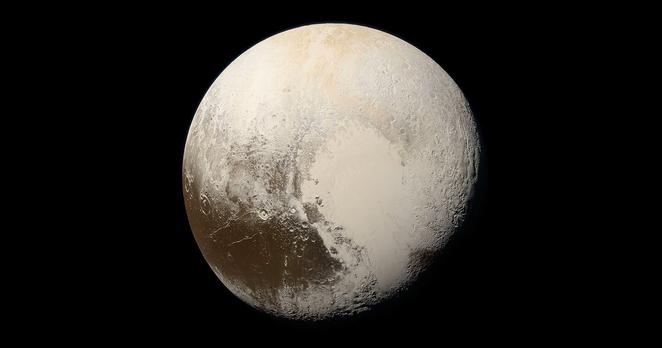Sunrise at 05.30 am, at Brac Coatia.
#sunrise #helloworld #croatia #philosophy #space #moon #planet #scifi
"Can I be planet again? Pretty pleez?"
The Urgency of Climate Change Action: Protecting Our Planet for Future Generations
Climate change is no longer a distant threat—it’s an urgent reality shaping our present and threatening our future.…
#Climate #ClimateChange #Climate-Change #action #change #climatechange #for #future #generations #globalwarming #of #our #planet #protecting #the #urgency
https://www.europesays.com/2258198/
https://www.europesays.com/2258198/ The Urgency of Climate Change Action: Protecting Our Planet for Future Generations #action #change #Climate #ClimateChange #for #future #generations #GlobalWarming #of #our #planet #protecting #the #urgency

The Urgency of Climate Change Action: Protecting Our Planet for Future Generations https://www.byteseu.com/1208032/ #Action #change #Climate #ClimateChange #for #future #generations #GlobalWarming #of #our #planet #protecting #the #urgency
Due to extreme temperatures and the dryness of #Mars, it's thought to be impossible for liquid #water to form on the #planet's surface, a critical precondition for #habitability.
The only hope of finding liquid water appears to be in the form of brines, which are liquids with high concentrations of salts that can freeze at much lower temperatures.
Melting frost presents the best chance to find liquid brines on Mars, but there's a catch: frost on Mars tends to sublimate quickly, which means it transitions from a solid to a gas without spending time in a liquid state due to Mars' unique atmospheric conditions.
However, there appears to be brief window in late winter and early spring when the conditions were right for the formation of brines.
#astrobiology
https://phys.org/news/2025-07-liquid-brines-mars-surface-seasonal.html

APOD from 2025-07-18
ISS Meets #Saturn
Saturn's rings appear edge-on this month. On July 6, a photographer in Washington, USA, captured Saturn and the ISS together using precise timing. Despite being 1.4 billion km apart, they looked similar in size but with the ISS brighter; Saturn's brightness was enhanced in the image.
HD image at https://apod.nasa.gov/apod/ap250718.html#space #astronomy #planet #earth
IS RAHU MORE POWERFUL THAN SHANI DEVA
#rahu #shanidev #astrology #horoscope #vedicastrology #vedicastrologer #astrologer #predictions #destiny #psychic #kundli #jyotish #remedy #planet
CLICK TO READ . . . .
https://qr.ae/pASOik

https://www.europesays.com/us/70018/ The Internet Is Eating the Planet — And No One’s Talking About It #about #and #eating #Internet #is #it #no #ones #planet #Talking #Technology #the #UnitedStates #UnitedStates #US
https://www.europesays.com/uk/269422/ The Internet Is Eating the Planet — And No One’s Talking About It #about #and #Eating #Internet #is #IT #no #ones #Planet #talking #Technology #the #UK #UnitedKingdom
APOD from 2025-07-17
3I/ATLAS
3I/ATLAS, the third interstellar object in our Solar System, was spotted by ATLAS in Chile. It's a #comet with a visible coma, imaged by Gemini North #telescope. Its hyperbolic orbit confirms its interstellar origin; it's passing within #Jupiter's orbit but poses no threat to #Earth.
HD image at https://apod.nasa.gov/apod/ap250717.html#space #astronomy #planet #mars
Orbital Decay of the Ultra-hot Jupiter TOI-2109b - Tidal Constraints and Transit-timing Analysis: https://iopscience.iop.org/article/10.3847/1538-4357/ade057 -> Doomed planet's death spiral could reveal stellar secrets: https://lighthouse.mq.edu.au/article/july-2025/doomed-planets-death-spiral-could-reveal-stellar-secrets - astronomers led by a team at Macquarie University have tracked an extreme #planet’s orbital decay to understand how stars dissipate energy.
https://www.europesays.com/uk/267388/ This 6.25 Gigabyte Photo of Pluto Took 15 Months to Send #Nasa #newhorizons #Planet #pluto #Science #solarsystem #spacecraft #UK #UnitedKingdom
I can't stand "influencers". All they do is trick the gullible into buying more junk they don't need. It's trashing the planet.
#influencer #influencers #planet #garbage #trash #capitalism
Jedoch wäre unser #Planet selbst mit einem so schlimmen #Asteroiden wie dem, der vor 66 Millionen Jahren alle #Dinosaurier umbrachte eher bewohnbar als der #Mars.
https://taz.de/Adam-Becker-ueber-den-Mars-und-Big-Tech/!6097358/

This 6.25 Gigabyte Photo of Pluto Took 15 Months to Send https://petapixel.com/2025/07/16/this-6-25-gigabyte-photo-of-pluto-took-15-months-to-send/ #newhorizons #solarsystem #spacecraft #planet #Space #pluto #NASA

(14 Jul) Microscopic Crystals Are Behind Blue Sharks’ Ability to Change Color
Learn more about the tiny crystalline dermal denticles, tooth-like scales that allow the blue shark to change colors.
https://s.faithcollapsing.com/spmdm
Archive: ais: https://archive.md/wip/JQKFO ia: https://s.faithcollapsing.com/ovujh
#planet-earth